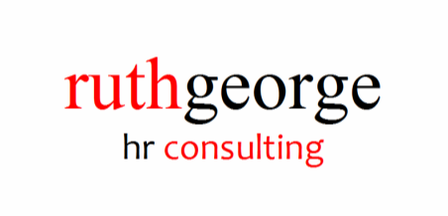Coverage in the media and general discussion about mental health issues has never been higher. I think that’s a good thing, and I'm all about making any prevailing tips and techniques practical for the workplace. In particular, ideas that can easily be adopted by small businesses who aren't likely to have an in-house HR team, or expert wellness people in the workplace...
| As an HR specialist, I regularly get asked for advice on how to deal with sickness issues within organisations. Sometimes those issues can escalate and become formal grievances, and I may then get asked to investigate these matters. As an example, I’ve recently been investigating a grievance relating to an individual who has been off sick for over two months. The reason for their sickness absence? Stress. Remember the old adage, ‘prevention is better than cure?’ I firmly believe this holds true when it comes to managing sickness absence in the workplace because if you can have some basic communication channels in place, you’re far more likely to nip any issues in the bud before they escalate to sickness absence. And when I say basic communication channels, I’m not talking about some unwieldy, costly and time-consuming exercise. But more of that later. If you’re sitting there as a small business owner thinking mental health issues are irrelevant in your workplace, don’t just take my word for it, the Head of Workplace Wellbeing at mental health charity Mind, said commonly cited causes of stress – long work hours, excessive workload, tight deadlines, and poor relationships with managers and colleagues – were often preventable. Add to that a recent survey that found that more than half of workers rated their jobs as fairly or very stressful; and you can see why it’s important stuff. Staff working for employers that take this issue seriously are less likely to become unwell. Back to the practical. What can you do to help avoid sickness caused by mental health issues? Here are my top tips on some basic mechanisms you could put in place that don’t cost the earth:
|
| | |
